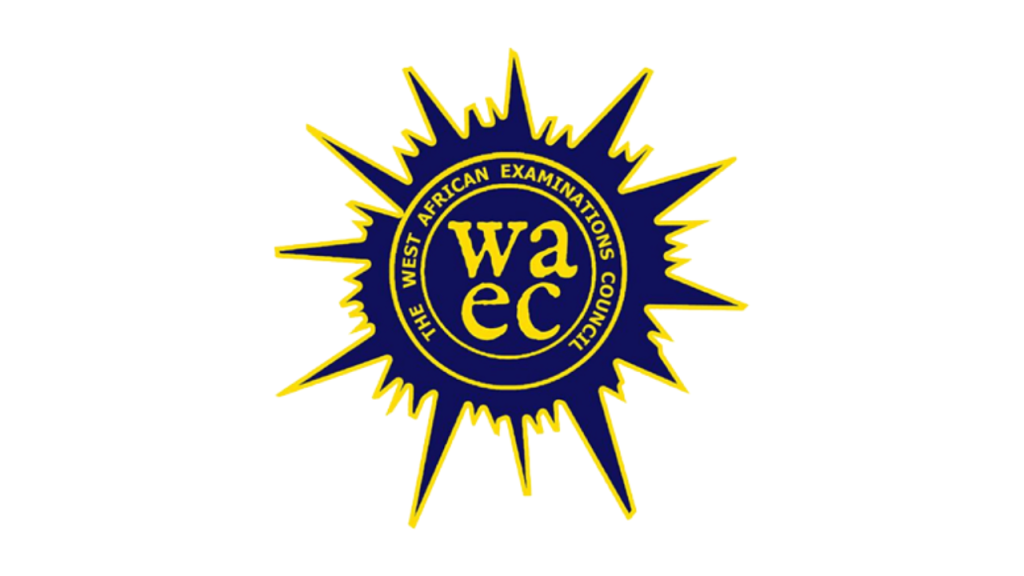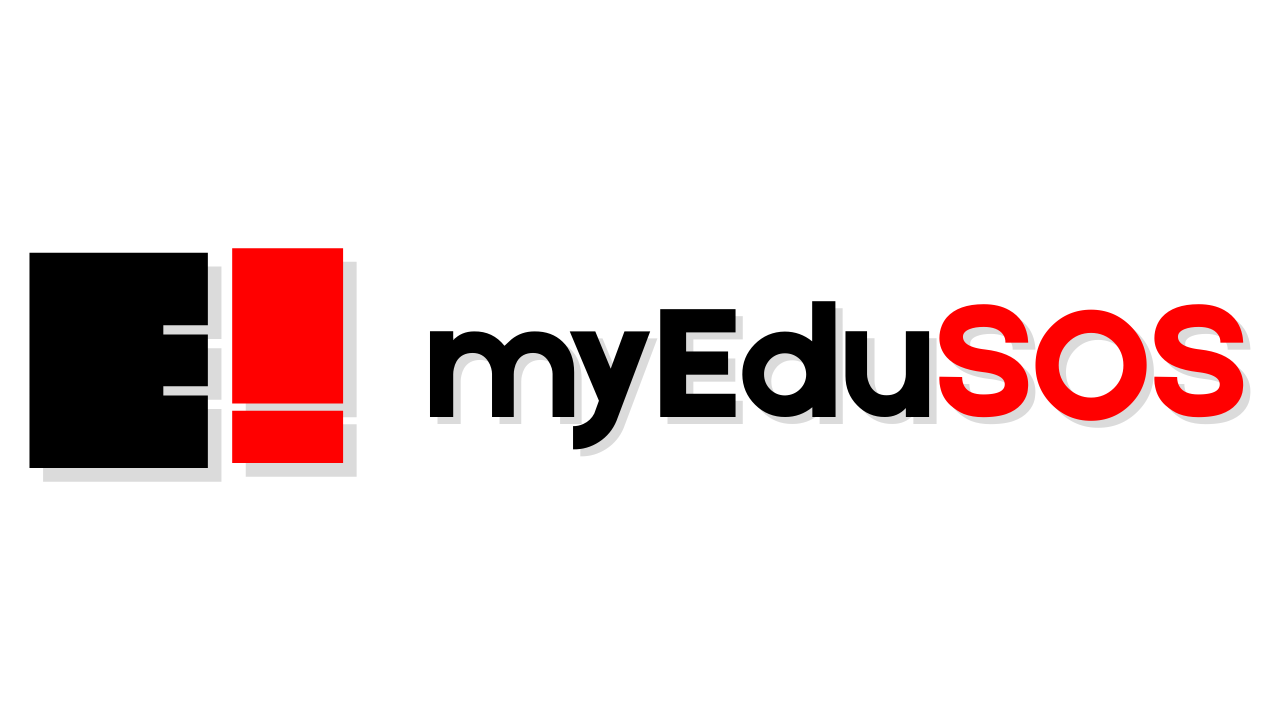A major transformation is under way in Nigeria’s secondary school examination system. The West African Examinations Council (WAEC) has confirmed that by 2026 the West African Senior School Certificate Examination (WASSCE) will become fully computer-based (CBT). (Punch Nigeria)
For students, teachers and school administrators, this change is huge. It means the way exams are written, monitored and scored will shift dramatically, so understanding what has changed, how it affects you and how to prepare is essential.

WAEC first piloted computer-based testing for private candidates in 2024 and has now committed to migrating the full school candidate WASSCE by 2026. According to the Minister of Education, this will align Nigeria with modern standards of assessment and curb persistent issues such as paper leakages and malpractice. (Premium Times Nigeria)
Why This Update Matters
The shift to CBT for WAEC will:
- Increase exam security and integrity through digital systems rather than paper booklets.
- Shorten result processing times because objective items can be auto-scored.
- Improve students’ digital literacy, preparing them for university and the workplace.
- Force schools and education stakeholders to upgrade infrastructure and exam practices.
WAEC Nigeria official site https://www.waecdirect.org
Breakdown for Schools on Infrastructure & Requirements
Minimum Hardware & Networking
Schools must be ready. Reports indicate a minimum of 250 functional computers/laptops, about 10 % as backups, and a robust wired LAN (WiFi only is not sufficient) for exam sessions. (Punch Nigeria)
Power Supply & Physical Setup
Consistent power is critical. Schools will need generators or alternative electricity backup, air-conditioned halls, CCTV monitoring, and secure holding areas for candidates. Some reports state generator ratings of 40 kVA or more for centres.
Damage & Risk Management
Schools will require technical staff, contingency protocols (for system failure or power outage), and routine mock CBT trials to ensure readiness. Infrastructure gaps remain a concern, especially for rural or under-funded schools.
What Every Students Should Expect
Exam Interface & Format
- Objective questions will appear on-screen; you’ll click or type answers directly.
- Timers will be visible, and sections will auto-submit when time runs out.
- Some theory/essay components may still be paper-based early on, but full digital shift is planned.
Practice & Preparation
- Schools and WAEC will run mock CBT exams so you’re not surprised by the interface.
- It’s crucial to use computer labs and timed practice regularly: speed matters now.
- Focus not only on content but also on tech fluency (typing, navigation, exam-software behaviour).
READ MORE: WilI I Write Maths As An Art Student
Equity & Digital Divide
Students in rural or low-resource areas face risks if their schools lack infrastructure. The reform promises fairness, but only if schools support candidate preparedness equally. (The Guardian Nigeria)
Timeline & Candidate Scale
The CBT rollout is substantial. WAEC estimates nearly 2 million school-candidates from over 23,000 schools will take the 2026 CBT-WASSCE. (Premium Times Nigeria) Sensitisation and infrastructure upgrades are ongoing in 2025; full scale deployment is targeted for 2026.
Challenges & What to Watch
Key risks include:
- Cost of equipping every eligible school with appropriate hardware and backups.
- Reliable power and internet in many regions.
- Cybersecurity threats and system malfunction risks.
- Digital literacy gaps among students and teachers.
Experts argue that the 2026 target is ambitious and may require regional CBT hubs to succeed.
How to Choose Subjects & Prepare Wisely
With CBT + other reforms, planning is crucial. Students should:
- Confirm their school’s CBT readiness.
- Practice timed testing in computer labs.
- Review exam format changes (UI, submission rules).
- Choose subjects wisely and ensure their stream matches their future tertiary goals.
- Work with teachers to reduce tech-anxiety.
Related Government or Education Updates
This move connects to wider reforms: the federal government has mandated WAEC and National Examinations Council (NECO) to pilot and adopt CBT systems by 2026. (aacrao.org) At the same time, efforts around tuition-free technical colleges and skills-based learning support the shift to practical, digital-ready education.
The era of paper-booklet WASSCE is heading toward sunset. The 2026 CBT shift by WAEC marks a new chapter, one where students, schools and systems must all step up. For students, the message is clear: practice tech skills, stay informed and treat your exam prep like preparing for a computer lab, not just a classroom.

